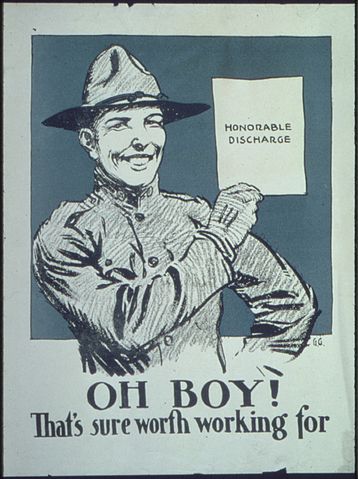Sure vs Certain
In the English language, most people use the words sure and certain interchangeably, considering these two as synonymous, while there is a subtle difference between them. In most cases, this is true since both can be applied in similar situations. Sure can be defined as the sense of reliance on a fact to be true. On the other hand, the word certain can be defined as complete confidence that a fact is true. We tend to use sure in more informal settings and mostly in colloquial language, but certain has a more formal aura to it. This article attempts to explain these two terms, sure and certain, with the usage of examples and highlight the differences.
Key Takeaways
- Sure and certain can both be defined as confidence and reliability of something.
- While the word sure is used a lot in colloquial language, certain is used more often in formal language.
- Certain showcases a higher sense of confidence in comparison to sure.
What does Sure mean?
Sure usually means that an individual is confident that he or she is correct regarding a matter. In this sense, it seems to emphasize the accuracy of a person’s point of view. For example:
I am sure I locked the door before I left.
This is to say that the individual is confident that he or she locked the door before leaving. The word sure gives out an assurance that the person is confident of the fact. We tend to use this word repetitively in daily life, but this is not always to assure something but sometimes as a positive response to a request. For example:
Can you give me a hand?
Sure
In this instance, the word sure is a form of accepting or else agreeing to help.
What does Certain mean?
The word certain, when used as an adjective, usually means that an individual is completely confident about something. This is mostly used for positive statements and conveys a higher degree of confidence than the word sure. Also, it is more often used in formal language and has a definite sense. Let us use the same example used above to understand the difference.
I am certain I locked the door before I left.
When we say I am certain that I locked the door rather than saying I am sure I locked the door, it seems to display a higher degree of confidence. In this sense, the word certain conveys absolute confidence and reliance on the part of the speaker.
Another interesting difference can be understood through the example given below.
It is certain that the ceasefire is not a solution for the present situation.
In the example above, the word certain has been used to highlight the strong sense of accuracy of the statement. However, replacing the word with sure does not convey the exact meaning as earlier. In this sense, it can be stated that even though the word certain can be used rather widely, the word sure is not so.
What is the difference between Sure and Certain?
- Sure and certain can both be defined as confidence and reliability of something.
- While the word sure is used a lot in colloquial language, certain is used more often in formal language.
- Certain showcases a higher sense of confidence in comparison to sure.
- The application of sure can sometimes be hindered in opposition to certain.
